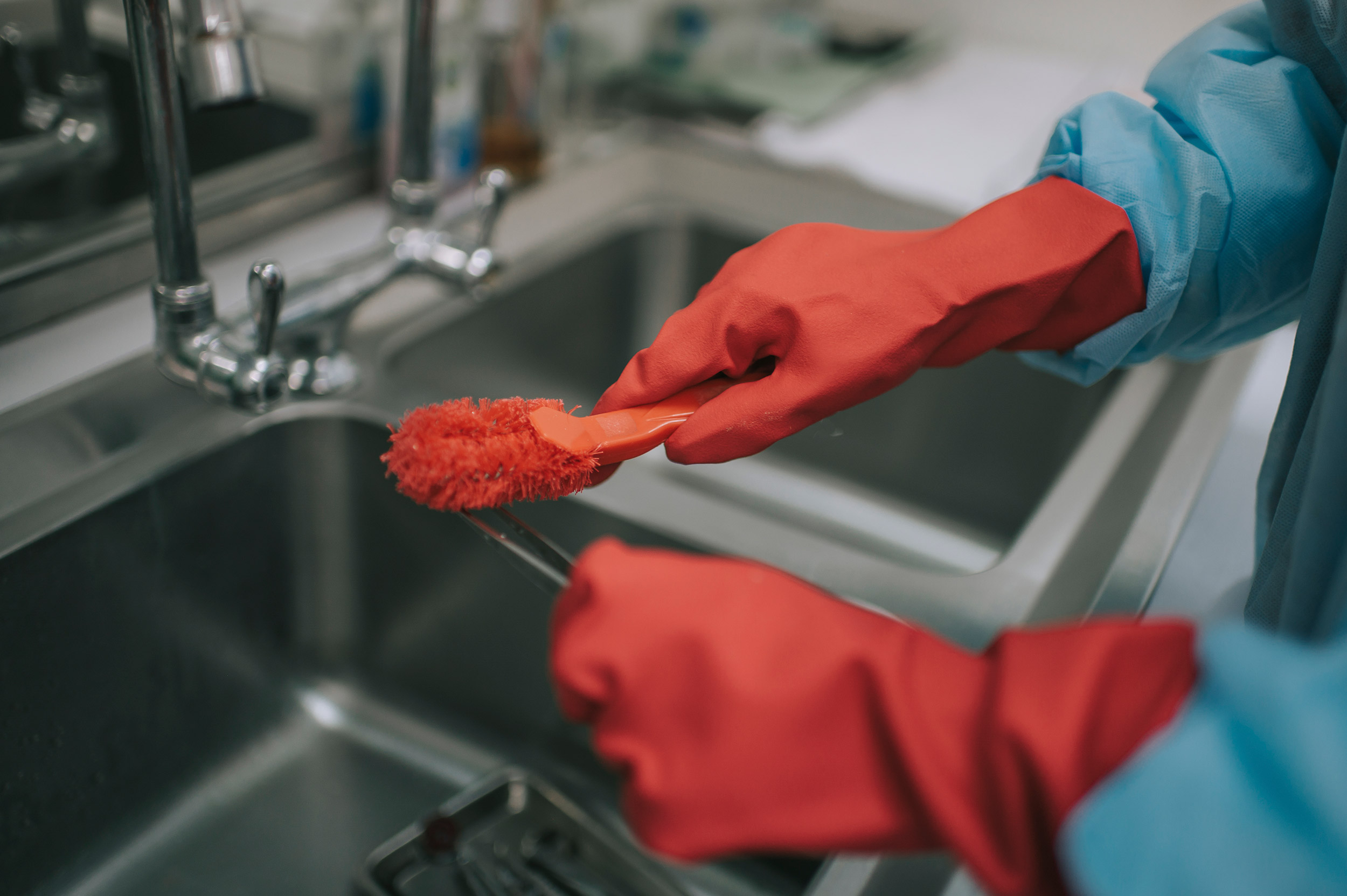
Endoscopy’s therapeutic capabilities continue to grow and evolve and, as a result, gastroenterologists are positioned to play a key role in managing gastrointestinal trauma.
That’s a key conclusion in new research from Dr. Robert J. Sealock, Dr. Mohammed Othman, and Dr. Koushik Das published in Clinical Gastroenterology and Hepatology. Abdominal trauma, they write, continues to be a significant healthcare burden and while surgical management remains the primary strategy to treat acutely ill patients, endoscopic tools and techniques have been adapted for use in diagnosing and managing biliary, pancreatic and luminal trauma.
This is important because trauma is a major cause of morbidity and mortality, particularly in patients less than 40 years old. And in 2015, when there were more than 850,000 traumas recorded in the U.S., 12 percent of those were blunt or penetrating abdominal injuries.
“While surgical management remains the cornerstone, endoscopic techniques and tools are increasingly being applied adjunctively to surgical approaches or, in some cases, in lieu of them,” Sealock, Othman, and Das write. “Indeed, while trauma accounts for a small proportion of cases treated by endoscopists, utilizing the principles and approaches that have been well studied … endoscopists can successfully apply these methods for traumatic injuries.”
Those well-studied principles and approaches have targeted iatrogenic biliary injuries (bile duct injury after cholecystectomy, for example), pancreatic injuries (i.e. pancreatic disruption after necrotizing pancreatitis), and bowel perforations (post-endoscopic resection of preneoplastic lesions, for example).
Data on some of the approaches specifically applied to trauma are limited, according to the study’s authors, but a review of the literature that grounds the approaches leads to potential novel endoscopic tools and techniques that can be utilized with trauma patients.
For example, endoscopic retrograde cholangiopancreatography (ERCP) is not only the “gold standard” for diagnosing and treating biliary leaks, it also has a “unique ability” to be a diagnostic and therapeutic intervention for biliary trauma. Several other gastrointestinal traumatic complications, where endoscopy can complement or guide the management strategy, are highlighted in the study.


